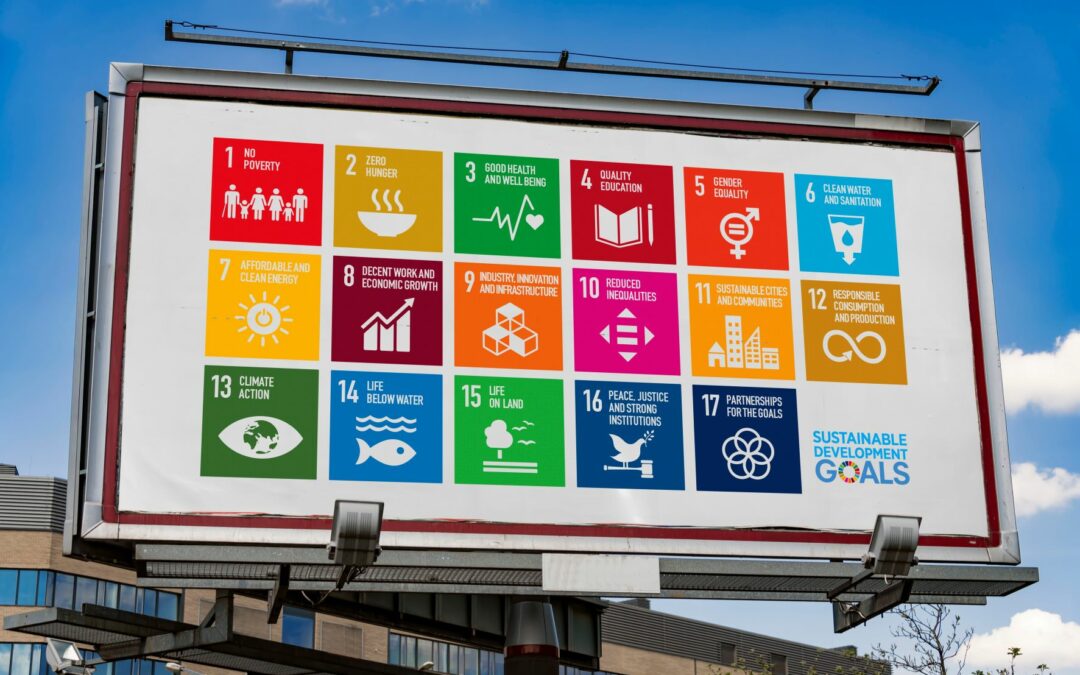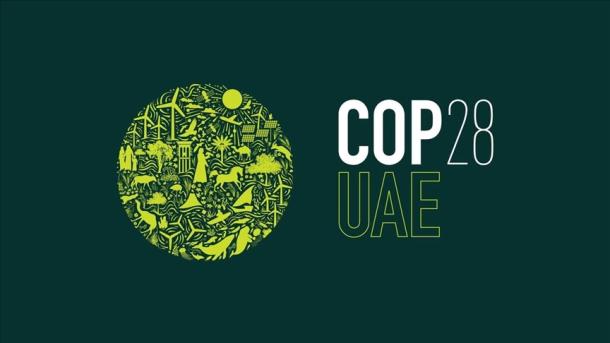The Problem
“In 2019, the production and incineration of plastic added more than 850 million metric tons of greenhouse gases to the atmosphere. Current plans for plastic production and use will add 1.34 gigatons of greenhouse gas emissions per year by 2030 —equivalent to more than 295 new 500-megawatt coal-fired power plants. By 2050, the cumulation of these greenhouse gas emissions from plastic could reach over 56 gigatons, i.e., 10–13 percent of the entire planet’s remaining carbon budget.”[1]
Data Presently in the Guide
The Guide currently covers 14 organizations with plastic pollution as a significant or sole concern. Here are some of the prominent entries:
National Oceanic and Atmospheric Administration (1970; Washington)
NOAA issues many hundreds of reports and studies related to plastic pollution. Its Marine Debris Program is one of its units having plastic pollution as a key focus. The 2021-2025 strategic plan has 7 goals: 1) Prevention; 2) Removal; 3) Research; 4) Response; 5) Coordination; 6) Monitoring; 7) Detection
National Oceanography Centre (1995; Southampton, UK)
Engages in extensive research on plastic pollution, including three reports issued so far in 2021, such as “Modelling Microplastics in the River Thames: Sources, Sinks, and Policy Implications” (19p) in a special issue of Water, a journal published by MDPI.
Break Free From Plastic (2016; Location NA)
An international alliance of 11,000+ organizations and individual supporters demanding massive reductions in single-use plastics and pushing for permanent solutions to plastic pollution. It targets top corporate plastics polluters.
The organization produces various publications, such as PlasticAtlas Asia Edition: Facts and Figures about the World of Synthetic Polymers (April 2021, 54p), and What We Waste (April 2021, 28p), and Branded: Demanding Corporate Accountability for Plastic Pollution (Dec 2020, 58p), on top ten corporate polluters.
Plastic Solutions Fund (2016; San Francisco)
Another organization that is much more influential than its staff of 7 would imply. It is associated with Break Free from Plastic (see above), and is sponsored by Rockefeller Philanthropy Advisors. Seeks to eliminate all non-essential single-use plastic by 2035. (Abstract pending)
The Recycling Partnership (2014; Fall Church, VA)
Dedicated to advancing the circular economy in North America by improving residential recycling. Over 60 very large companies and organizations (e.g., Coke, Procter and Gamble, the American Chemistry Council) provide support.
The Association of Plastic Recyclers (ND; Washington)
An international trade association representing the plastics recycling industry.
SYSTEMIQ (2016; London)
A financial firm focused on disruptive early-stage digital/technology ventures leading to circular material solutions, among other objectives. A February 2020 news feature authored by members of the organization is entitled “Plastics in Paradise: Project STOP in the News,” advocating for a more centralized governmental response to plastic pollution.
Waste & Resources Action Programme (2000; Banbury, UK)
Focused on building a resource-efficient economy. They are instrumental to the United Kingdom Plastic Pact, which brings together businesses from across the entire plastics value chain with UK governments and NGOs to “tackle the scourge of plastic waste.”
Zero Waste Alliance (2012; Portland, OR)
A small organization seeking to create “zero waste districts” for recycling and reusing in neighbourhoods and towns.
Conclusion
There are many initiatives at the policy level to address the plastics pollution crisis. The World Wildlife Fund, in conjunction with the Ellen MacArthur Foundation, for example, make a strong “business case” for a UN treaty on plastic pollution.
“To date, thirty major businesses representing US$5.9 trillion in assets have signed a manifesto calling for a global treaty.”
Meanwhile, the US Senate and House have both introduced the Break Free from Plastic Pollution Act, which is designed to
“reduce the production and use of certain single-use plastic products and packaging, to improve the responsibility of producers in the design, collection, reuse, recycling, and disposal of their consumer products and packaging, to prevent pollution from consumer products and packaging from entering into animal and human food chains and waterways, and for other purposes.”
This bill currently has 99 co-sponsors in the House and 12 in the Senate, but this does not necessarily assure its success.
Given the monumental scope of the plastic pollution problem, it is desirable that dramatic action should be taken to alter the role that plastics play in the global economy. These actions will be resisted by industries and corporations that benefit from present practices.
[1] Plastic & Climate: The Hidden Costs of a Plastic Planet (Center for International Environmental Law) Lisa Ann Hamilton and Steven Feit et al, May 2019, 89p.)




0 Comments
Trackbacks/Pingbacks